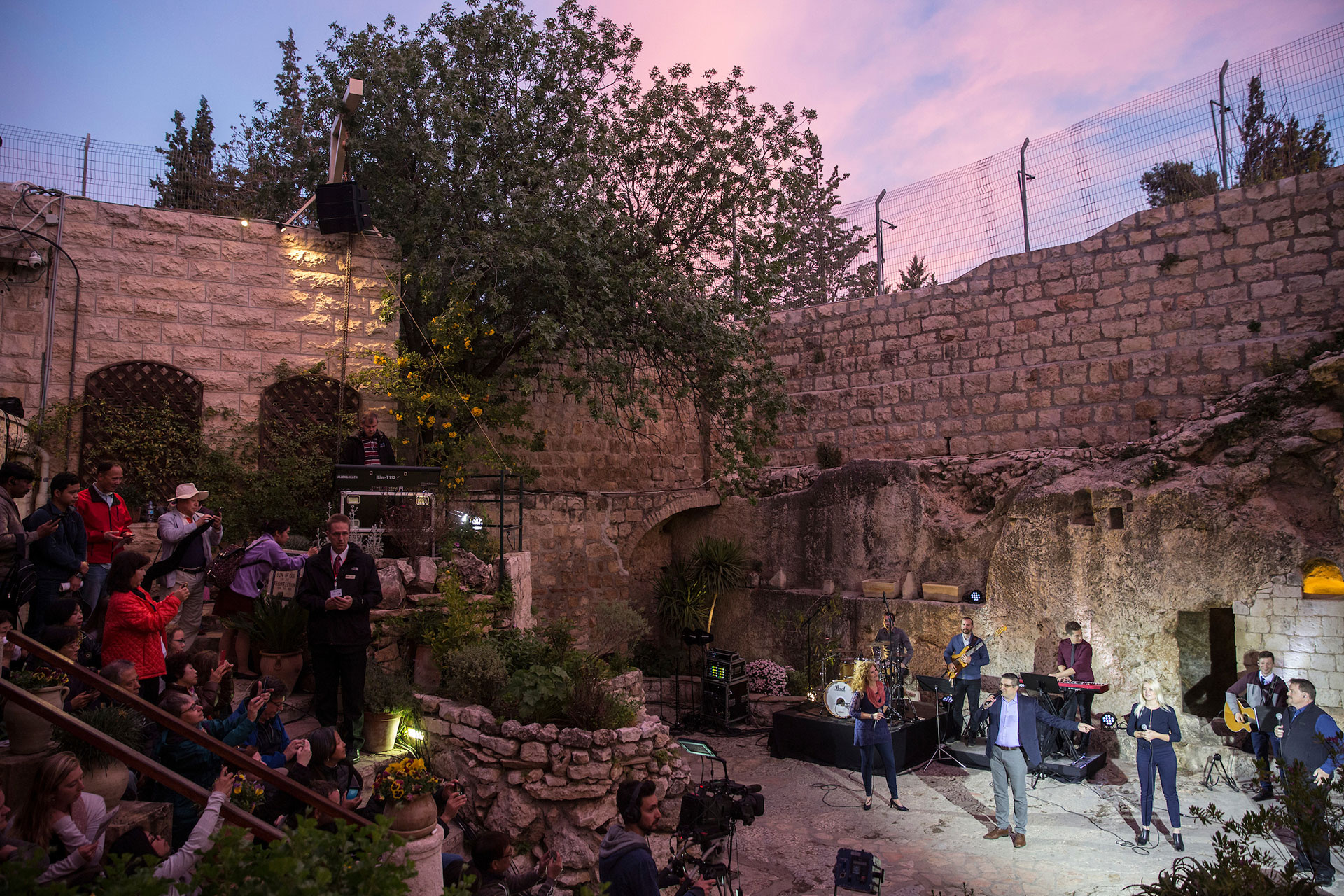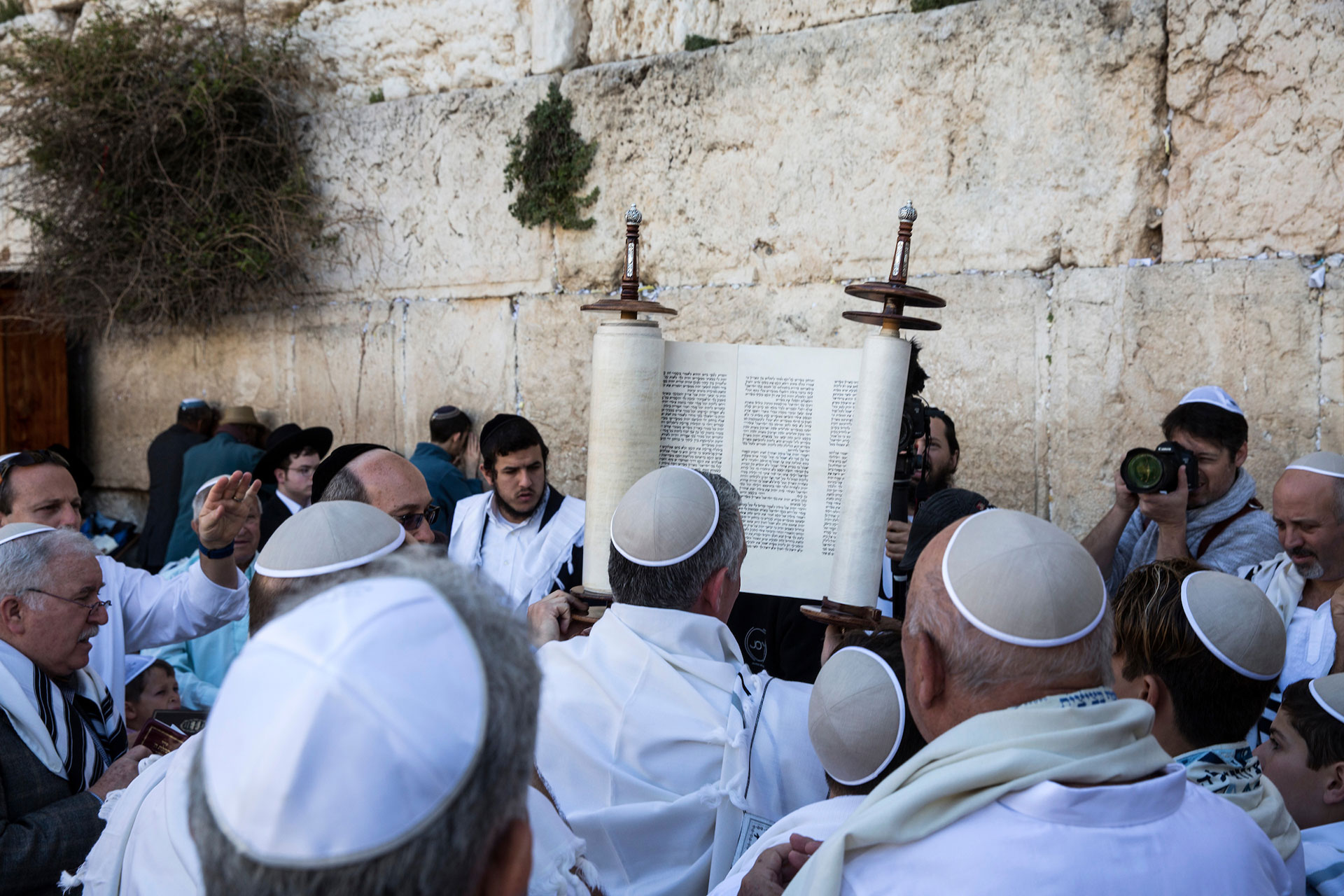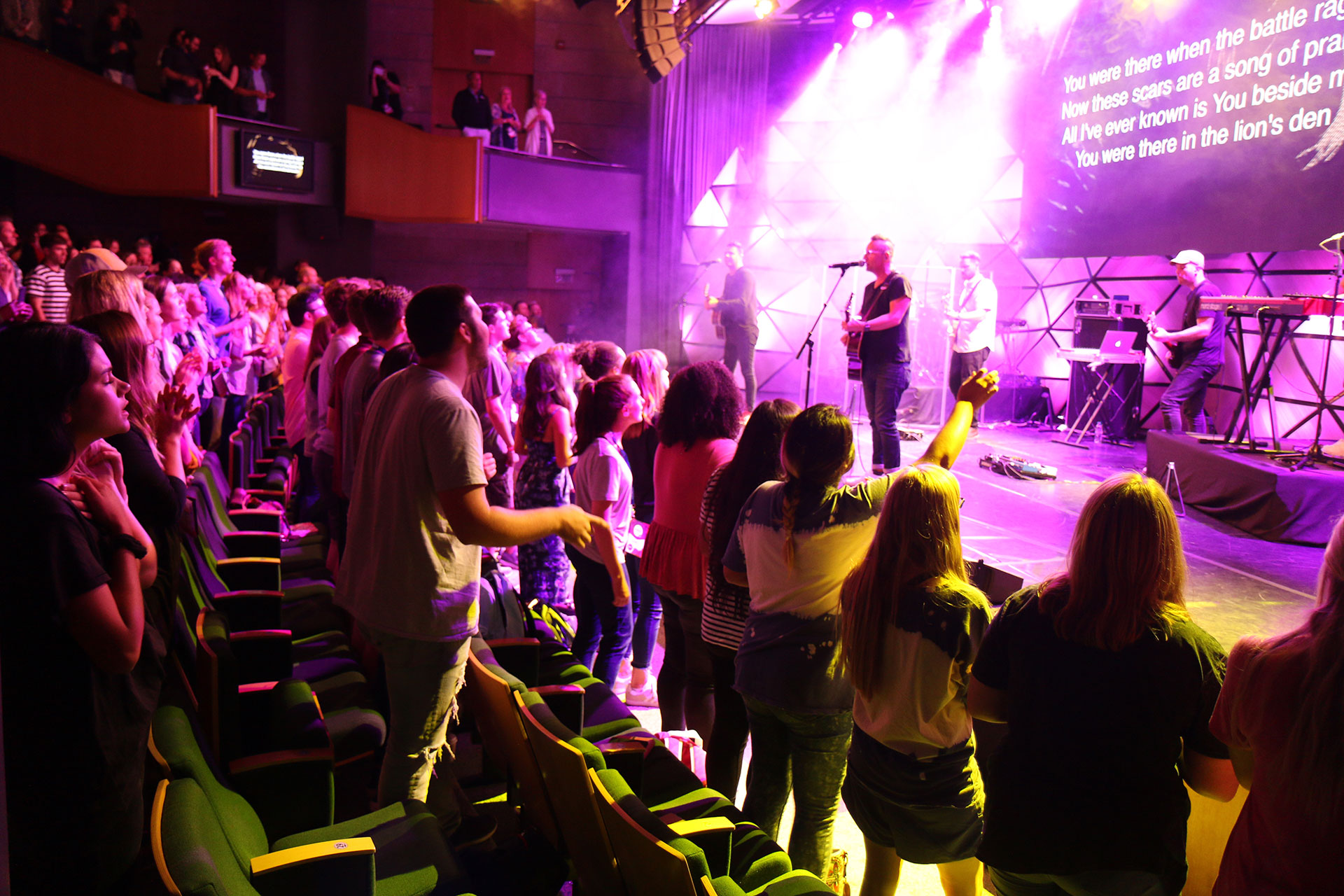Twenty years ago, a movement known as Christian Zionism was on the furthest fringes in the land of Israel.
Back then, mainstream theologians — Christian and Jewish alike — dismissed Christian Zionism as a dangerous interpretation of biblical prophecies; the ideology was flawed at best, at its worst, inherently anti-Semitic.
Today, Christian Zionism has gone mainstream, with explosive growth in both fundraising and political power. Its journey is evident in today’s headlines in Israel-Palestine. When the United States announced a relocation of the American Embassy from Tel Aviv to Jerusalem, many observers believed it was the Trump administration’s way of answering directly not only to the Israeli right but also to the American Christian evangelical base that supports Trump. Christian Zionists view the embassy move as a milestone on a prophetic timeline that aligns with an apocalyptic interpretation of scripture.
Similarly, Christian Zionists are squarely behind Israeli Prime Minister Benjamin Netanyahu and celebrating his re-election this week. Last month, they applauded the Trump Administration’s backing Israeli sovereignty over the disputed Golan Heights. They also praised Netanyahu’s promise to annex the West Bank Jewish settlements, a campaign pledge made in the waning days of a tight election.
Read More: The faces of “The End of Days”
To Christian Zionists, policy shifts are prophetic signs, and they are not content to wait for prophecy to unfold. Calling themselves “believers,” Christian Zionists are ushering apocalyptic scriptural prophecies into the here-and-now through political influence and dollars. Based on in-depth reporting over the last two years, The GroundTruth Project has found that over the past 20 years the top Christian Zionist organizations have raised over $2 billion to support Israel, with a steady stream going directly to Jewish settlements in the occupied West Bank.
The efforts of the Christian Zionists often work against the Palestinian Christian communities which see themselves as part of a 2,000-year continuum in the land where the Christian faith began.
Political observers and religious experts believe the movement — and its vision of a coming global war -— can no longer be dismissed as zealotry, but needs to be understood as it gains strength not only in America and Israel but around the world, profoundly reshaping policy in the Middle East.
GroundTruth and Overseas Press Club Foundation reporting fellow Micah Danney spent five months immersed in the Christian Zionist community in Jerusalem and the West Bank and interviewed scores of believers and dozens of religious leaders in this movement. He has been reporting on the ground on the geopolitical moves that bring Israel closer to what the Israeli religious right and Christian Zionists would consider Israel’s biblical footprint. Again to Christian Zionists, this is all prophecy fulfilled.
Danney spent time with and listened to believers like Jeffrey Hakes, who told him, “Israel is meant to testify to the world about the goodness of God and the kindness of God.”
When they met, Hakes walked to a large window looking out across Jerusalem’s Old City, stretched his arms out to the sides, tilted his head back and sang full-throated about the glory of the messiah, Jesus Christ.
The Succat Hallel worship hall is perched high on a hillside in Jerusalem’s pricey Abu Tor neighborhood. Hakes led a July service there at which he told a small audience about a vision he had in a dream: a vast flat plain with a hole in it, into which water was rushing. The hole was the opening at the small end of a shofar, the ceremonial Jewish instrument made from a ram’s horn.
The shofar hung down, he said, and water rushed from the plain into the hole and down through the shofar, merging with the Nile River and flowing south to spread across the African continent. Hakes, who spent more than a decade doing missionary work in Mozambique, said God revealed to him that the water was the Holy Spirit flowing from Jerusalem, carrying Jesus’ gospel of love and peace.
In evangelical theology, Jerusalem is ground zero for God’s unfolding plan for the world. In the heart of the city’s downtown is a theater-turned-church called King of Kings, a high-tech testament to the degree to which the movement has arrived. Sunday services are delivered in a concert hall that serves as the main sanctuary.
A camera on a boom glides over the audience, part of a state-of-the-art production apparatus that broadcasts services and events online. The space is located on the bottom floor of the Clal Center, a 15-story office building and indoor shopping mall. King of Kings has steadily acquired 32 properties in the building, including a former porn shop it replaced with its marriage counseling center. It rents the spaces to affiliated organizations, including the Fellowship of Israel Related Ministries, a conglomerate of 46 member organizations that represent a spectrum of evangelical activities in Israel.
This modern movement draws in part upon the ancient teachings of Jesus to address existential questions including the conflict that has arisen for Palestinian Christians as the Christian Zionists and their allies push for greater Jewish control of the Holy Land. In a few words, ‘Turn the other cheek.’
As Hakes said in an interview with Danney last year, “If your enemies are abusive to you, their hearts are going to change because you keep showing them love. So if that’s what Jesus was teaching, and if I’m a Palestinian Christian, then I need to find the heart of God, and say God, will you give me love for my enemies?”
As for Palestinian grievances about life under military occupation, Hakes’ understanding of scripture leaves no room for them. It is by this controversy and an ultimate Israeli triumph, Hakes said, that God will restore his reputation by fulfilling his promise. “So that being the case, I want us to say, ‘OK, let’s stop thinking so much about rights,’ with the exception of first, the primary rights to think about,” Hakes said. “What are God’s rights?”
This series was produced with support from the Overseas Press Club Foundation and the Henry Luce Foundation.





















































